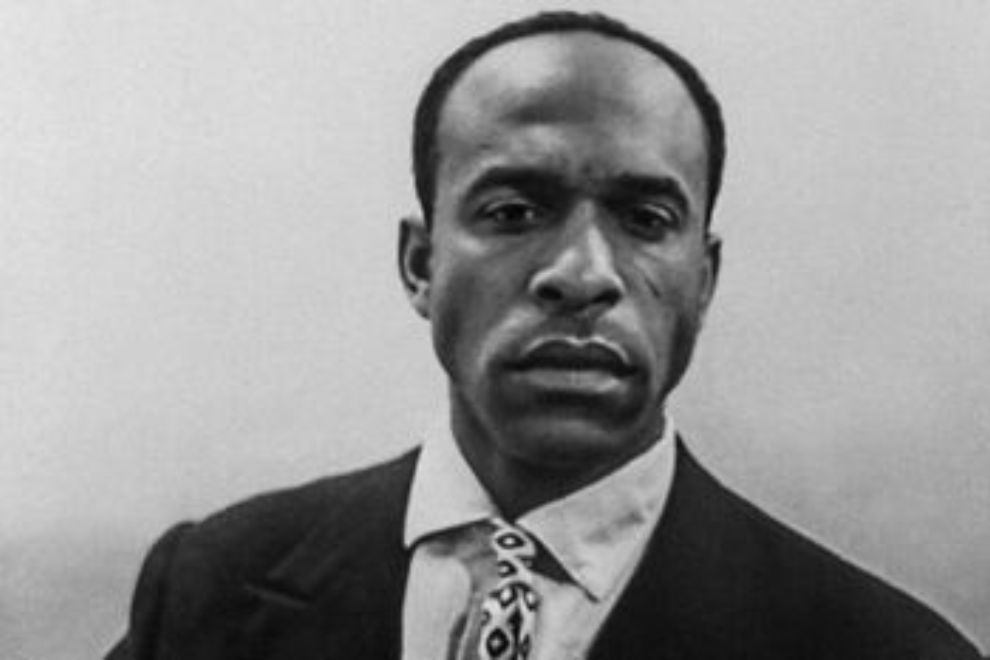
Frantz Fanon: The Voice of Liberation, Identity, and Human Freedom
Introduction
Frantz Fanon remains one of the most influential voices in the fields of psychology, philosophy, postcolonial studies, and revolutionary politics. Born in Martinique in 1925 and later working as a psychiatrist in Algeria, Fanon combined his medical practice with a deep philosophical reflection on colonialism, race, identity, and liberation. His works, especially Black Skin, White Masks (1952) and The Wretched of the Earth (1961), continue to resonate with activists, thinkers, and readers across the globe.
This blog explores the life, works, and revolutionary ideas of Frantz Fanon while presenting his most powerful quotes, which remain relevant today.
Who Was Frantz Fanon?
Frantz Fanon was a French West Indian psychiatrist, writer, and revolutionary who became a leading intellectual voice in the struggle against colonial domination. His early experiences with racism during World War II and his later work in colonial Algeria shaped his intellectual journey.
Fanon believed colonialism was not only an economic or political system but also a psychological one. It dehumanized colonized peoples, distorted their identities, and created systems of oppression that infiltrated everyday life.
Frantz Fanon’s Philosophy: Breaking the Chains of Colonialism
1. The Psychological Impact of Colonialism
In his book Black Skin, White Masks, Fanon examined how racism shaped the consciousness of Black people in a colonial world. He described the inferiority complex imposed on colonized individuals, forcing them to adopt the language, culture, and mannerisms of their colonizers.
📌 Fanon Quote:
“The colonized is elevated above his jungle status in proportion to his adoption of the mother country’s cultural standards.”
This powerful observation shows how colonialism forced colonized people to deny their own culture and identity in exchange for acceptance.
2. Violence and Liberation
In The Wretched of the Earth, Fanon famously argued that decolonization is often violent because colonialism itself is violence. He did not glorify violence but saw it as a response to systemic oppression.
📌 Fanon Quote:
“The colonized man finds his freedom in and through violence.”
For Fanon, liberation was not merely about political independence but about reclaiming dignity and humanity.
3. Identity and Race
Fanon believed that race was socially constructed and used as a tool of domination. His writings called for a rejection of imposed racial categories and a rediscovery of self.
📌 Fanon Quote:
“I am not a prisoner of history. I should not seek there for the meaning of my destiny.”
This reflects his vision of breaking free from both colonial history and imposed identities.
Frantz Fanon Quotes That Still Inspire Today
Frantz Fanon’s works are filled with quotes that reflect his deep understanding of freedom, identity, and revolution. Below are some of his most famous and inspiring lines:
- “Each generation must, out of relative obscurity, discover its mission, fulfill it, or betray it.”
- “Colonialism is not a thinking machine, nor a body endowed with reasoning faculties. It is violence in its natural state.”
- “To speak a language is to take on a world, a culture.”
- “Man is what brings society into being.”
- “In the world through which I travel, I am endlessly creating myself.”
These quotes capture his lifelong belief that individuals and societies can redefine themselves in the face of oppression.
Frantz Fanon’s Influence on Revolutionaries
Fanon’s ideas were not confined to books; they inspired liberation movements across Africa, Asia, and Latin America. Leaders of anti-colonial struggles in Algeria, South Africa, and even the Black Power movement in the United States drew strength from his writings.
- In Algeria, Fanon worked with the National Liberation Front (FLN), using his medical skills to treat fighters and his writings to strengthen their resolve.
- In South Africa, the anti-apartheid struggle adopted his ideas on liberation and identity.
- In the United States, movements like the Black Panthers quoted Fanon in their manifestos.
📌 Fanon Quote:
“Imperialism leaves behind germs of rot which we must clinically detect and remove from our land but from our minds as well.”
Frantz Fanon and Modern Times
Even in today’s world, Fanon’s voice speaks powerfully to issues of racism, identity, and global inequality. His call for liberation and dignity resonates with movements like Black Lives Matter, indigenous rights struggles, and campaigns against neocolonialism.
📌 Fanon Quote:
“We revolt simply because, for many reasons, we can no longer breathe.”
This statement, though written decades ago, feels timeless, echoing in today’s fight for justice and equality.
Frantz Fanon’s Legacy
Fanon died in 1961 at the young age of 36, but his influence has far outlived him. Universities, activists, and scholars continue to read his works as essential texts in postcolonial studies, psychology, and political theory.
His message remains clear: liberation is not just about removing colonial powers but about reclaiming identity, humanity, and dignity.
📌 Fanon Quote:
“What matters is not to know the world but to change it.”
SEO Optimized Section: Why Frantz Fanon Still Matters
- Frantz Fanon books like Black Skin, White Masks and The Wretched of the Earth are essential reading for understanding colonialism.
- Frantz Fanon philosophy helps us analyze race, identity, and oppression in modern societies.
- Frantz Fanon quotes inspire activists and leaders worldwide.
- Frantz Fanon influence continues in African independence movements, civil rights struggles, and academic studies.
Using Frantz Fanon’s words in today’s context helps us reflect on the global fight for justice and human freedom.
Conclusion
Frantz Fanon was more than a psychiatrist, writer, or revolutionary—he was a voice of liberation. His works challenged colonialism at its core, exposed the psychological wounds of oppression, and offered a vision of freedom rooted in dignity and humanity.
📌 Final Frantz Fanon Quote to Remember:
“O my body, make of me always a man who questions!”
As long as oppression exists, Frantz Fanon’s legacy will remain a guiding light for generations seeking justice, freedom, and equality.
